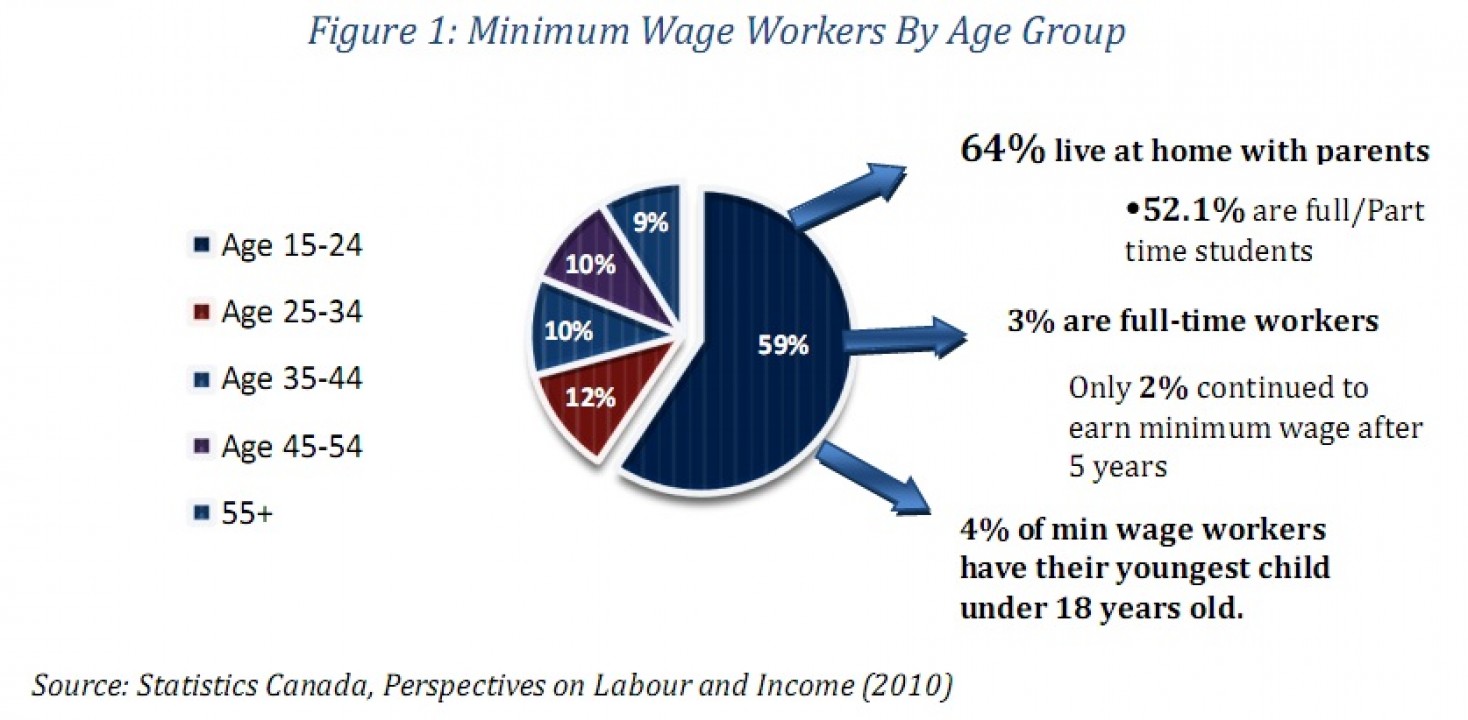
This government has raised the minimum wage in this province 67 per cent since 2005, a move that significantly increased payroll costs for employers. The NLEC is asking government for increased protection at law for employers from minimum wage increases of such magnitude and in such short time frames. The NLEC submission to the minimum wage review committee Who Really Pays: Why increasing Newfoundland and Labrador’s minimum wage could do more harm than good presents economic evidence indicating minimum wage increases have significant negative impacts on jobs and the economy, and actually hurt the people they are believed to help. Minimum wage increases cause negative impacts on minimum wage earners (primarily students and youth), those living below the poverty line, consumers, businesses – particularly those in rural communities, and our economy.
The NLEC is fundamentally opposed to any increase in minimum wage.
If government ignores the overwhelming weight of evidence of the negative economic impacts of minimum wage increases and chooses to increase the minimum wage rate, then that increase must be gradual, based upon economic conditions, and preceded by a significant notice period for employers.
The NLEC is recommending that government’s ability to increase minimum wage under the Labour Standards Act be limited to a ceiling established by the provincial equivalent of the Bank of Canada’s Canadian Core Index (CPIX), with the ability to implement increases less than the ceiling, or no increase at all. The NLEC is also recommending that the Labour Standards Act be amended to include a provision for a minimum one year notification period to employers before any minimum wage increase, to allow time to attempt to mitigate the negative impacts.
View a summary of the NLEC recommendations here.
On Friday, August 3rd, government announced members of an advisory committee to conduct a minimum wage review for the province. The three-member advisory committee solicited public and stakeholder submissions on the minimum wage and will report back to the Minister Responsible for the Labour Relations Agency, Terry French, with observations and findings by mid fall 2012. For more details, click here.



